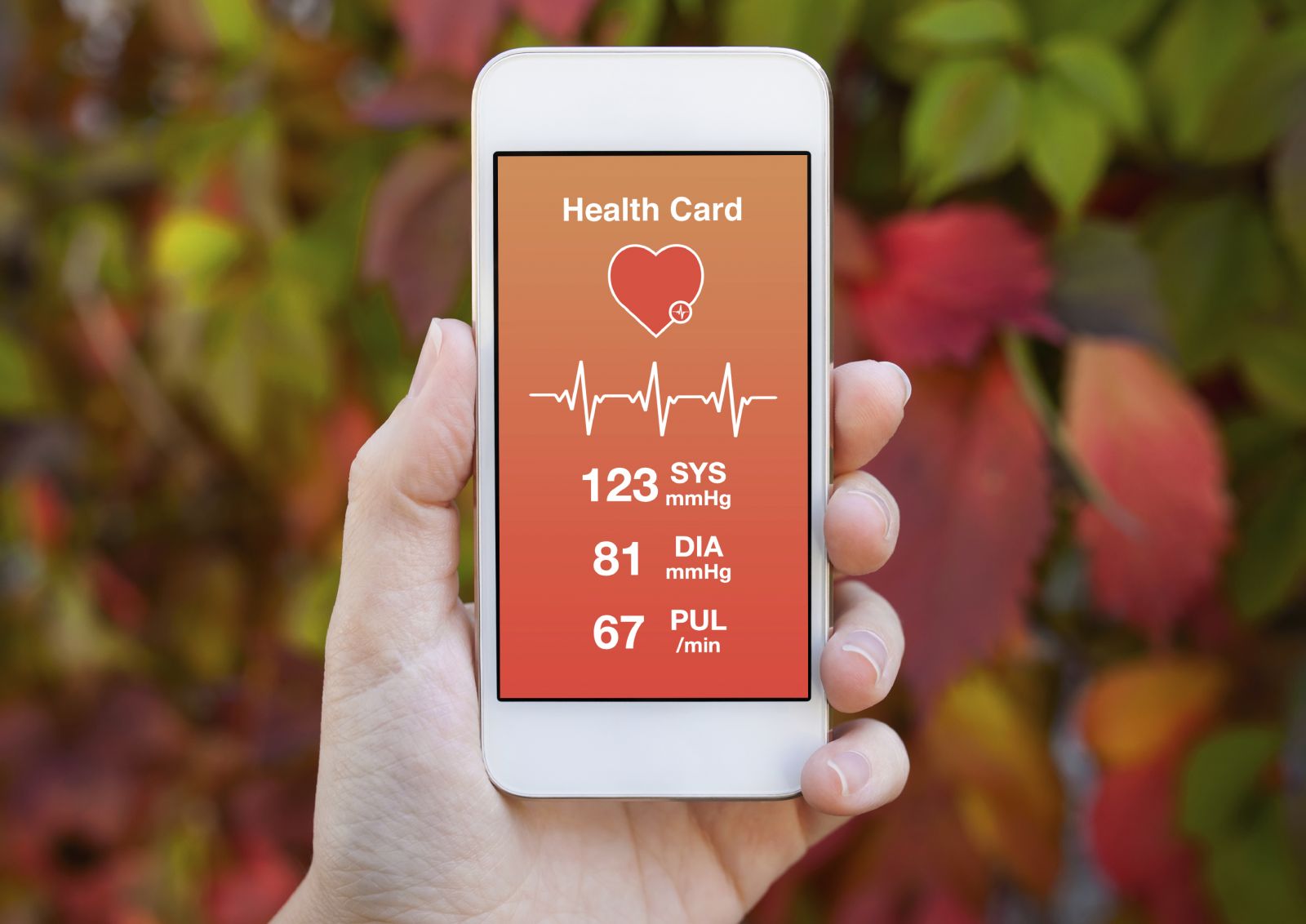5 ways to care for yourself while caring for a loved one 
Image: iStock | Caring for an aging parent or a loved one who is ill or disabled is often deeply rewarding. But it can also consume a lot of time, as well as physical and emotional energy. You may feel overwhelmed by myriad responsibilities — home, work, other family needs, and caregiving. But it's just as important to care for yourself before you burn out. Try our five tips below to help rejuvenate yourself. 1. Recruit help: You don't have to "do it all" yourself. In fact, it's best to have more than one person involved in caregiving. Whether it's accompanying your loved one to appointments, helping with housework, or cooking dinner one night a week, ask other family members to lend a hand. And if someone asks if he or she can pitch in, don't be afraid to say yes! Get your copy of Caregiver's Handbook
Close to 49 million informal or family caregivers offer assistance of all sorts to adults in America. Their efforts are vital to the lives of people struggling with illness, disability, or the changes that often accompany aging. This report will assist you in meeting the needs of the person you care for while attending to your own. It includes financial, legal, and medical information that’s vital to caregivers, as well as a special section devoted to caring for yourself as you navigate caregiving challenges.
 | 2. Quell guilt: At times, you may feel like there's something more you should be doing, or something you should have done differently. Rather than ruminate on what could or should be, give yourself credit for all that you do. If feelings of guilt are especially strong, it can help to talk them over with a counselor or social worker. 3. Stay active: Frequent exercise delivers proven health benefits, such as lowering cholesterol and blood pressure — and it can be a powerful energy- and mood-lifter, too. Try to get 30 to 60 minutes of exercise on most days of the week. If that amount doesn't seem doable, don't worry — some exercise is always better than none. 4. Stay connected: Catch up with friends by phone or email, or plan weekly walks or a regular lunch or movie. Ask people to drop by and visit with you, or the person you're helping, so that you can take a break and feel connected with the world outside your caregiving role. 5. Relax and enjoy yourself: Listen to music you like, take a luxurious bath, dabble in creative pastimes, or even splurge on a massage. You can also learn meditation or other relaxation techniques through a class, tape, or book (yoga is a great relaxer as well). For more advice on caring for an aging family member or friend, buy Caregiver's Handbook, a Special Health Report from Harvard Medical School. | 

No comments:
Post a Comment